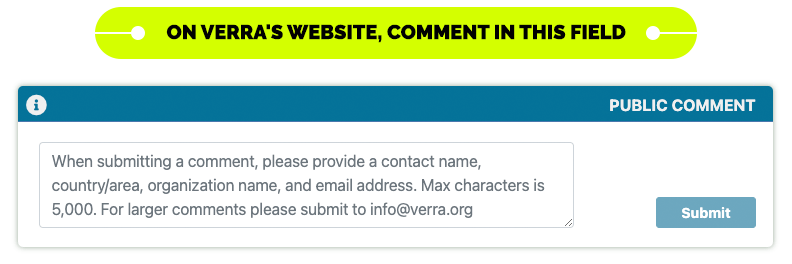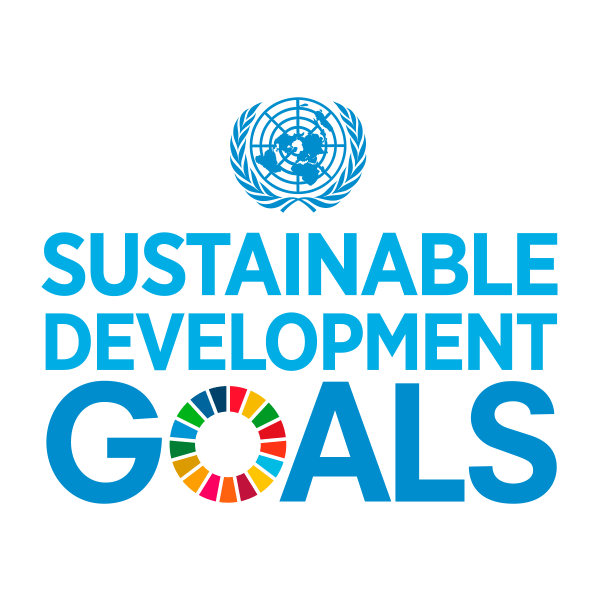Located in the state of Pará, the main objective of the Tueré REDD+ Project is to mitigate climate change by reducing CO2 emissions from deforestation and forest degradation.


Located in the state of Pará, the main objective of the Tueré REDD+ Project is to mitigate climate change by reducing CO2 emissions from deforestation and forest degradation.

PROPONENTS
• Biofílica Ambipar
• Brascomp
LOCATION
Pará (PA)
STATUS
Under validation and verification by VERRA – VCS and CCB

START DATE
PA
Pará
LOCAL PARTNER

LARGE CONCENTRATION OF RARE SPECIES IN THE XINGU CENTER OF ENDEMISM. A REGION OF INTERNATIONALLY RECOGNIZED IMPORTANCE.
Located in the state of Pará, the 🌳 Tueré REDD+ Project’s main objective is to mitigate climate change by reducing CO2 emissions from deforestation and forest degradation, conserving the standing forest, preserving the large number of species of fauna and flora in the region and improving the lives of the surrounding communities.
The biological importance of the region is highly relevant and is recognized by international bodies and institutions. The Tueré REDD+ Project area is located in the Xingu Endemism Center, a place with a high concentration of rare and endemic species.
The Tueré REDD+ Project is located in a Priority Conservation Area. Defined by the Brazilian Ministry of the Environment, the Priority Areas for Conservation are an instrument that facilitates, in an objective and participatory way, the implementation of measures related to the conservation, recovery and sustainable use of ecosystems.
Impact of the TUERÉ REDD+ Project
CO-BENEFITS
The Tueré REDD+ Project contributes to the United Nations Sustainable Development Goals (SDGs)
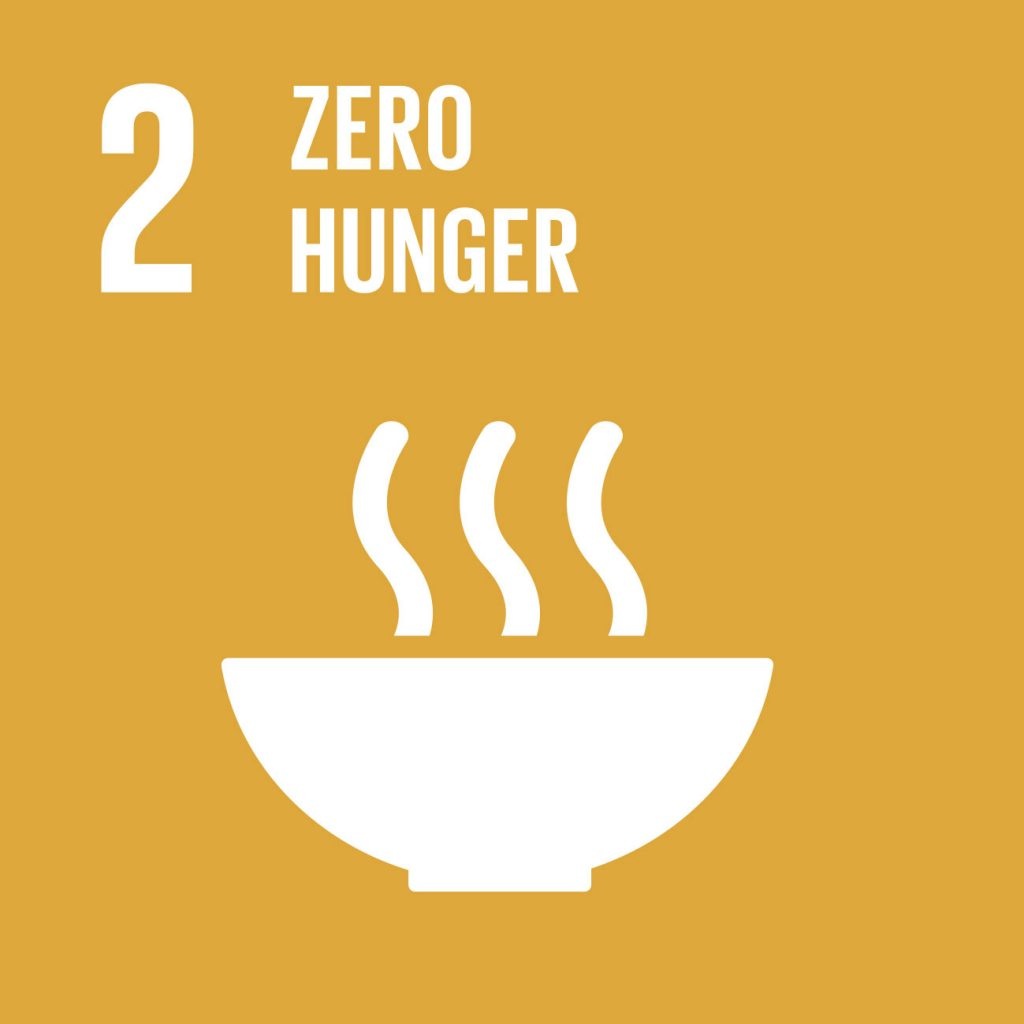
The project combines the socio-economic demands of the communities with local opportunities for more resilient economic activities, through “Fostering sustainable practices”. To this end, the project provides training and technical development actions for communities, in association with different partners and extension workers, in order to promote knowledge about the importance of reconciling good production practices with the preservation and maintenance of natural resources and to encourage the adoption of sustainable and adaptive production systems.
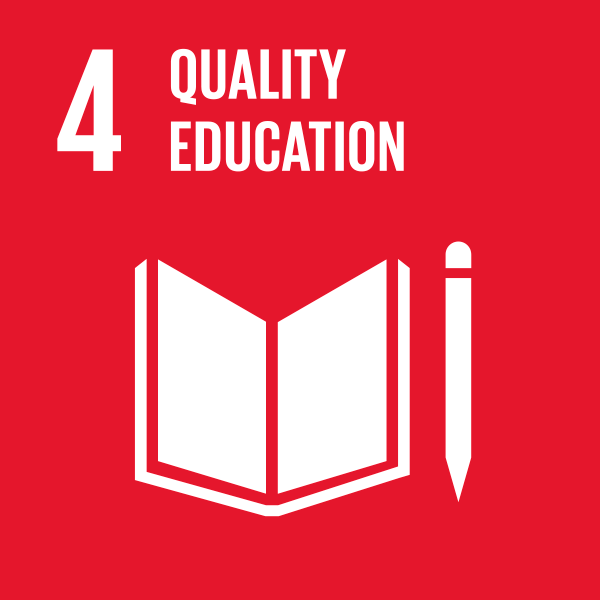
The project enables and encourages access to education through technical courses and training aimed at the environmental and socio-economic areas, especially on resilient agricultural production practices, sustainable extraction of non-timber forest products, developing and strengthening value chains, encouraging social organization and environmental education for the preservation of endemic species and those threatened with extinction. It also provides specific training for Brascomp employees involved in surveillance activities, as well as establishing procedures and seeking greater efficiency in field patrol operations. To this end, it relies on the support and collaboration of specialized partners in order to guarantee the effectiveness and engagement of stakeholders. These training activities promoted by the project enable the strengthening of human capital, the consolidation of a sense of belonging, access to information, better employment conditions and diversification of income; mainly for small rural producers, consequently leading to the maintenance of the forest and its resources.
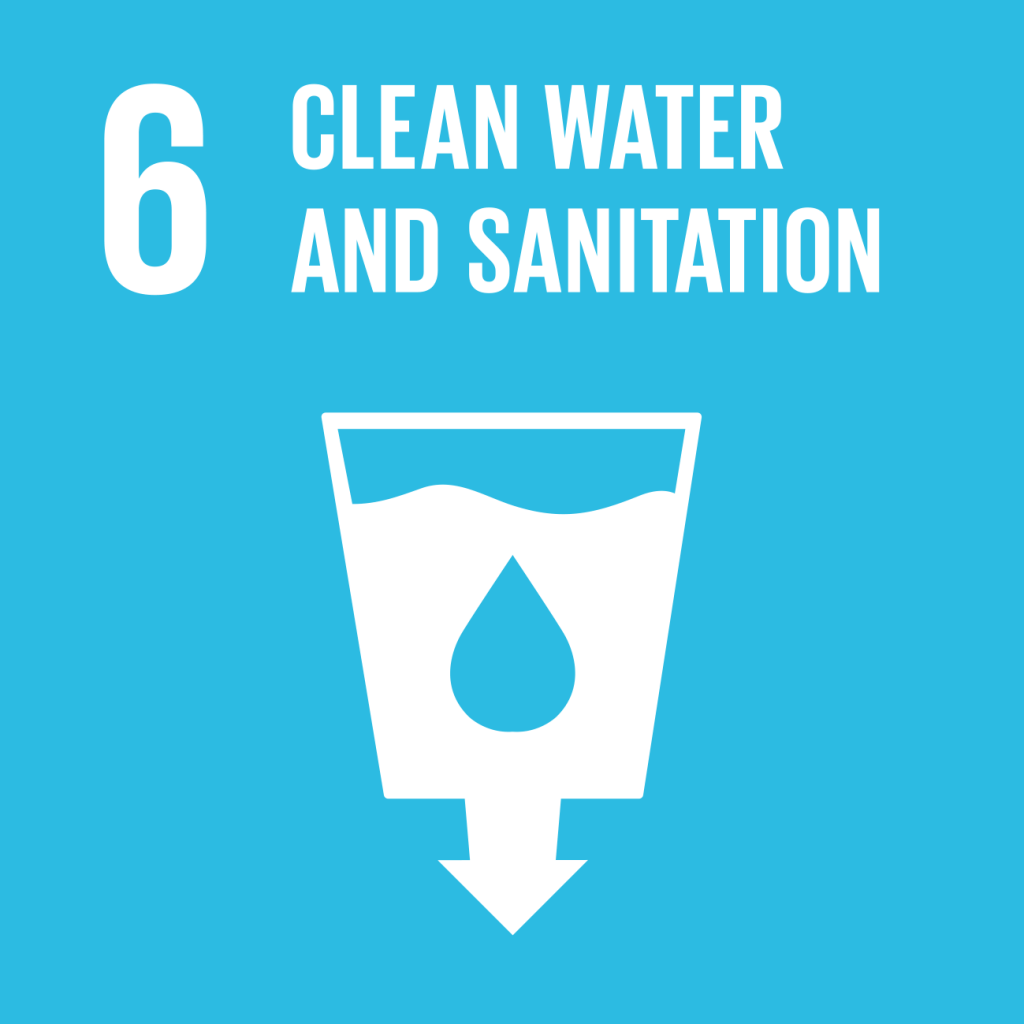
The main objective of a REDD+ Project is to conserve forest cover and its respective carbon stocks by curbing deforestation and forest degradation. An important activity of the project is improving the surveillance of the Farms, ensuring the protection of the forest cover in the Project Area, as well as other activities that encourage the adoption of sustainable production practices as alternatives to deforestation. Maintaining forests is essential for the provision of water ecosystem services and, consequently, for the availability of water for everyone, since forests are part of the process of regulating the hydrological cycle, influencing factors such as precipitation, water availability and purification, soil protection, lakes and watercourses.
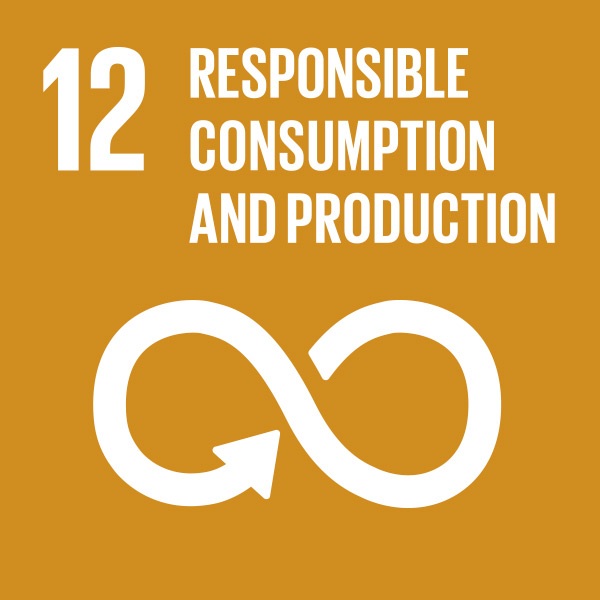
The project encourages the “Promotion of sustainable practices” with actions aimed at identifying potential activities related to resilient subsistence agriculture and promoting diversified, sustainable and adaptive agricultural production systems and models according to the demands and profile of local communities. In this sense, the project works to disseminate knowledge, instructions and experiences focused on the efficient use of natural resources and environmental preservation. The “Development and strengthening of value chains” encourages sustainable business chains through greater integration between stakeholders and regional markets, thus generating income, well-being and cultural identity for the residents around the project. As a result, the learning, engagement and willingness of these families to improve production and extraction practices, with the aim of achieving efficient use of natural resources and sustainable development, increases the governance of the project and helps to maintain the forest cover and preserve its ecological aspects.
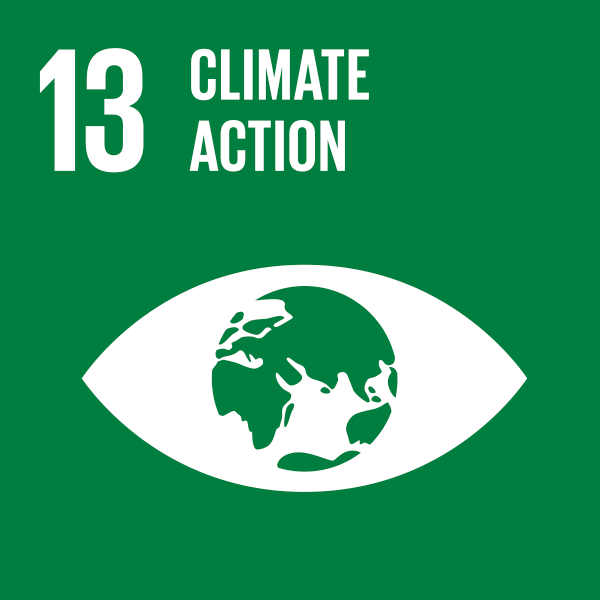
In general, all the activities carried out by the project aim to take action to combat climate change and its impacts and, consequently, to reduce greenhouse gas emissions. In this sense, in addition to engaging stakeholders and strengthening governance, the project also promotes the monitoring of deforestation via satellite and the improvement of surveillance within Brascomp’s farms. For this to happen, the project works to improve the procedures for recording identified situations of concern and invests in training workers to make appropriate decisions, allowing for a refinement in actions to prevent, combat illegal activities and maintain the forest. As a result, the project has the potential to reduce greenhouse gas emissions by 7,454,030 tCO2e over 10 years.
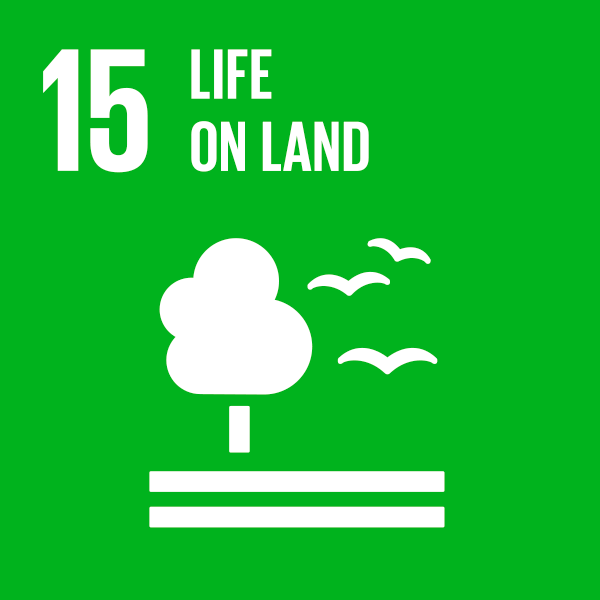
The main objective of a REDD+ project is to conserve forest cover and its respective carbon stocks by curbing deforestation and forest degradation. The project is located in and protects a large part of a region classified by the Ministry of the Environment (Ordinance No. 463 of 18/12/2018) as a Priority Area for the Conservation, Sustainable Use and Benefit Sharing of Brazilian Biodiversity; it is also located in the Xingu Endemism Center, a region with a high concentration of endangered and endemic species, serving as an ecological corridor for preserved areas in the region. In this way, the Tueré REDD+ Project aims to minimize habitat loss, landscape changes, overexploitation of species and climate change. To this end, it seeks to engage, involve and raise awareness among all stakeholders about the importance of biodiversity in providing ecosystem services, maintaining landscape connectivity, controlling environmental degradation and limiting the unsustainable use of natural resources. In addition, the systematic in situ monitoring of fauna and flora, the studies on natural and socio-economic resources carried out and required to meet CCB certification, will also contribute to integrating the values of ecosystems and biodiversity into national and local planning in development processes and biodiversity conservation strategies.


